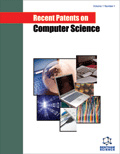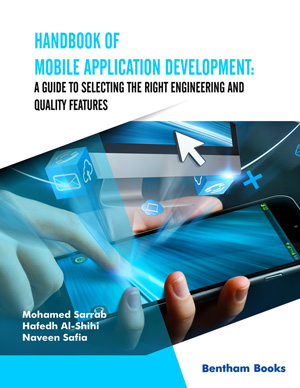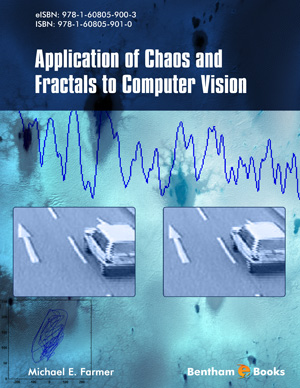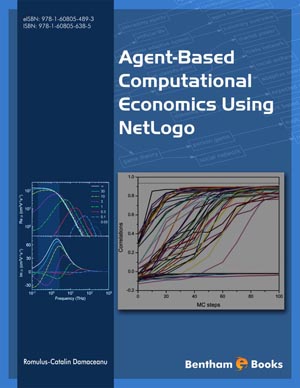Abstract
Gaming over the internet is one of the major interests in children and adolescents. Nowadays, a wide range of games are available on the internet ranging from casual browser games, multiplayer games, and simulator-based games, etc. This advanced gaming technology allowed players to connect with each other virtually through their social connection. However, excessive internet gaming leads to functional and structural changes in the brain areas. Thus behavioural changes are noticed commonly in the new generation. They are moving from real-life social relations to online social sites, and when this movement is uncontrolled by self-restriction or not limited by supervision gradually turns into online addiction. The World Health Organization (WHO) has recognized Internet Gaming disorder (IGD) as a diagnosable condition and decided to include it in the “International Classification of Diseases (ICD)” 11th edition in the year 2018. Such online gaming addiction study is gaining interest in clinicians and researchers, making it an active area of research. The study of its symptoms and its assessment methods for detecting and analyzing internet gaming addiction is the need of the hour. In this paper, an extensive study about Internet Gaming Disorder and its assessment methods was presented. Examination of IGD in participants using different modalities ranging from self-reported psychological questionnaires-based assessment to pathological neuroimaging methods to multimodal biosignal analysis is discussed and analysed. Comparative analysis of modalities has also been performed in order to summarize findings in terms of efficiency, mobility, and availability. The analysis presented in this paper will be useful for the researchers for developing an effective computational method for IGD analysis.
Keywords: EEG, fMRI, Gaming Addiction, Gaming Craving, Gaming Disorder, IGD, Multimodal.






















